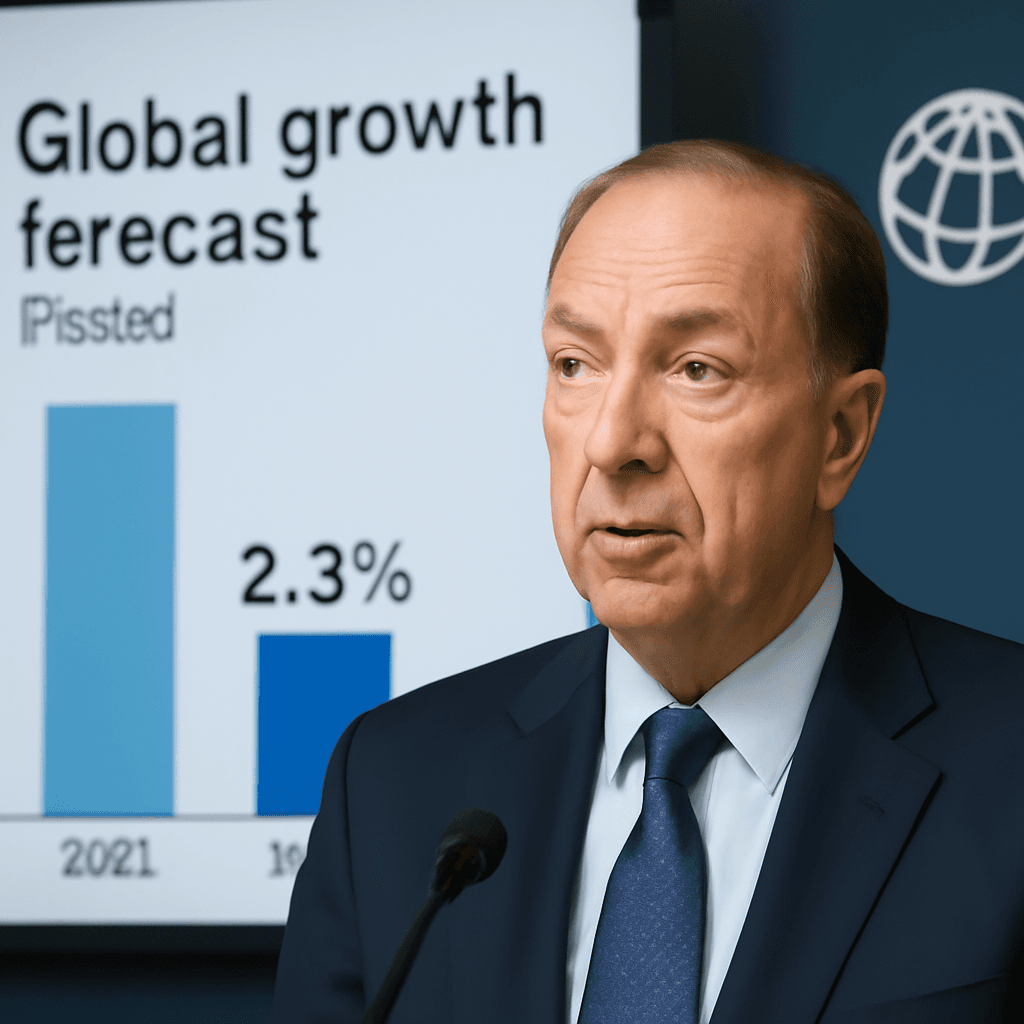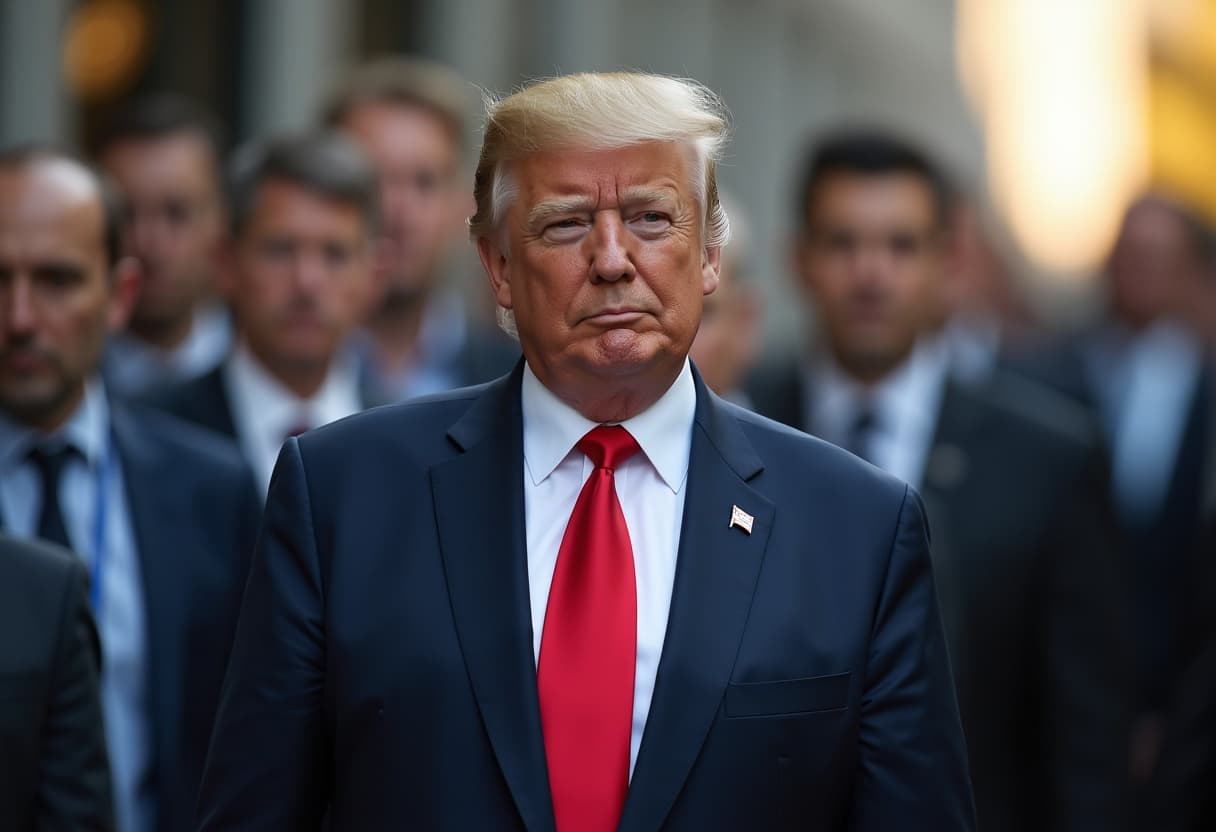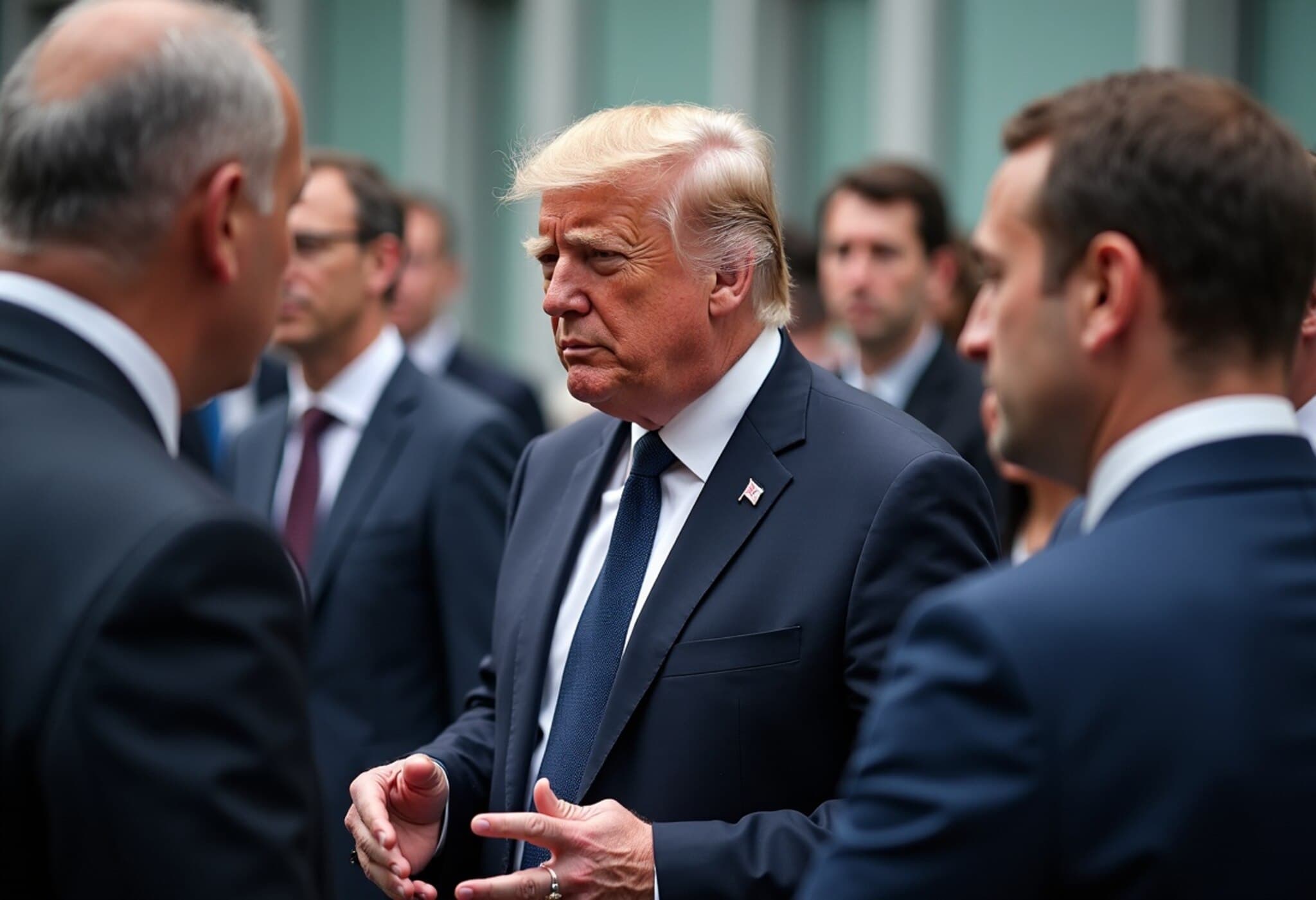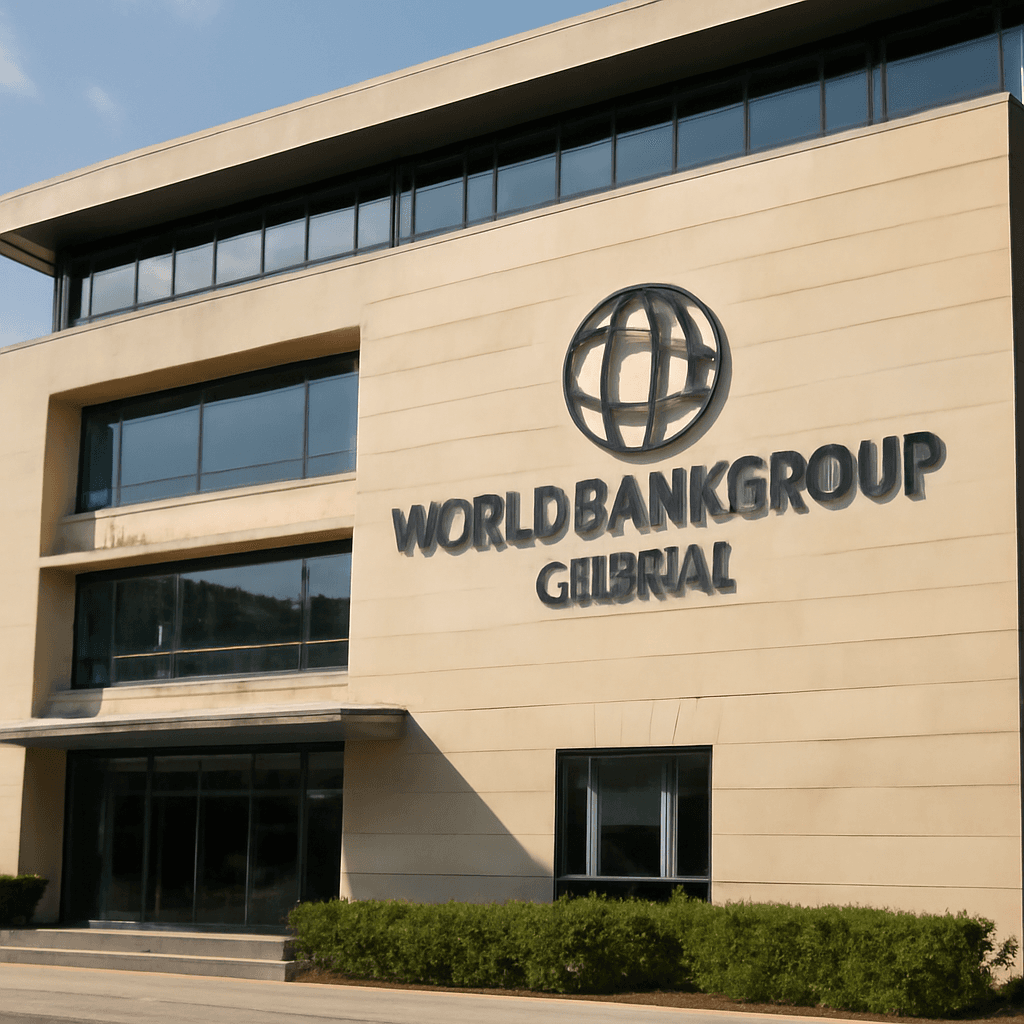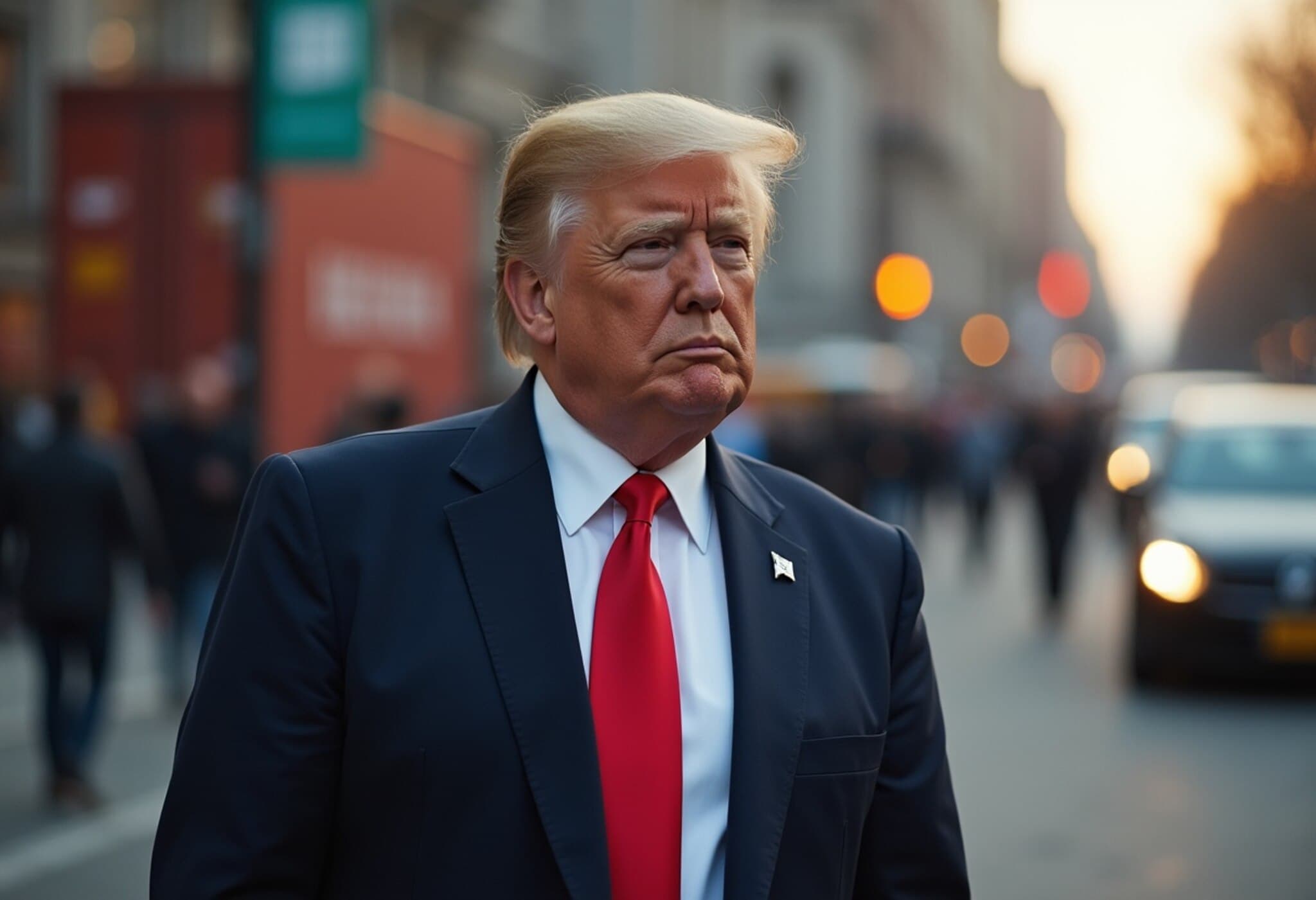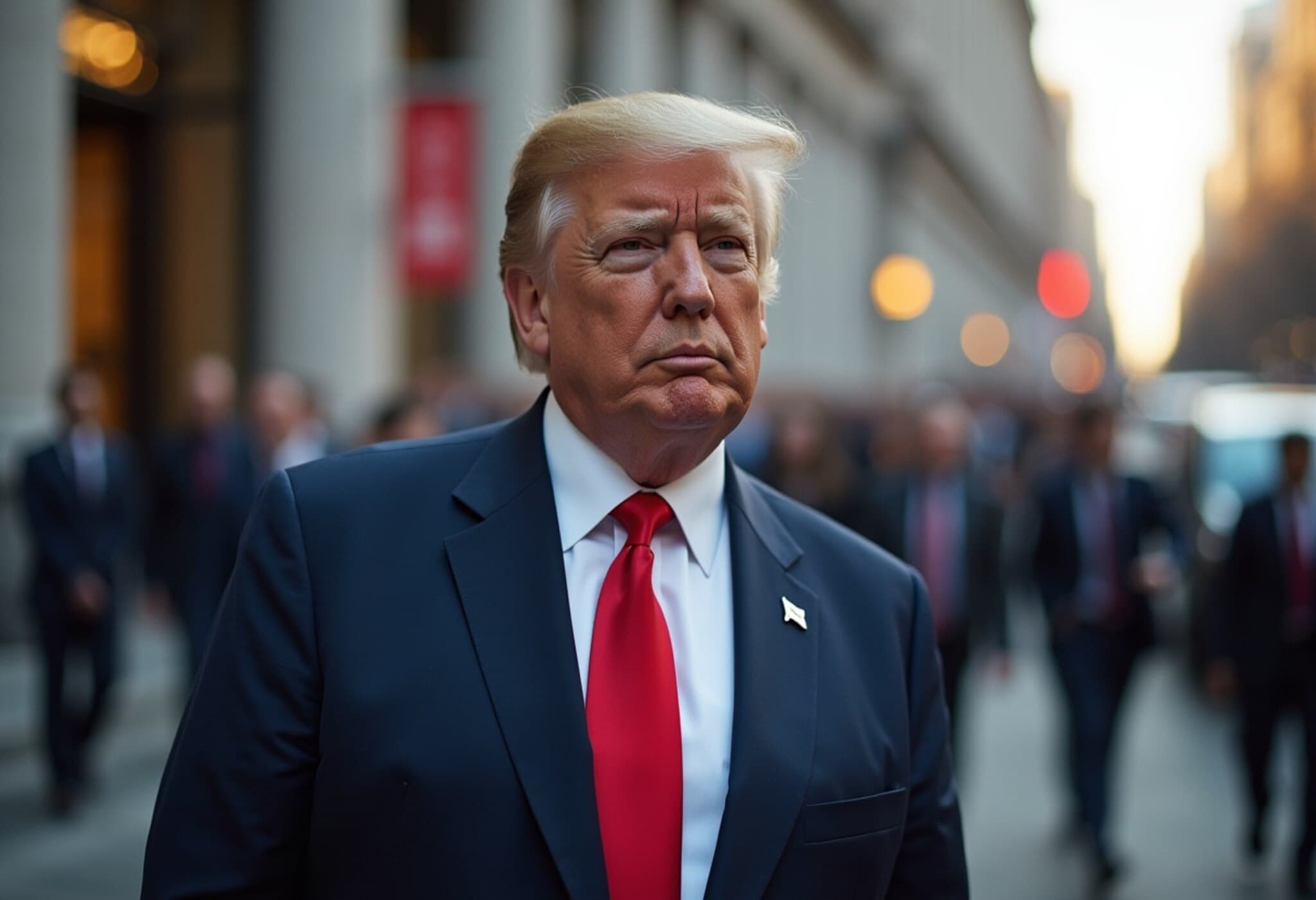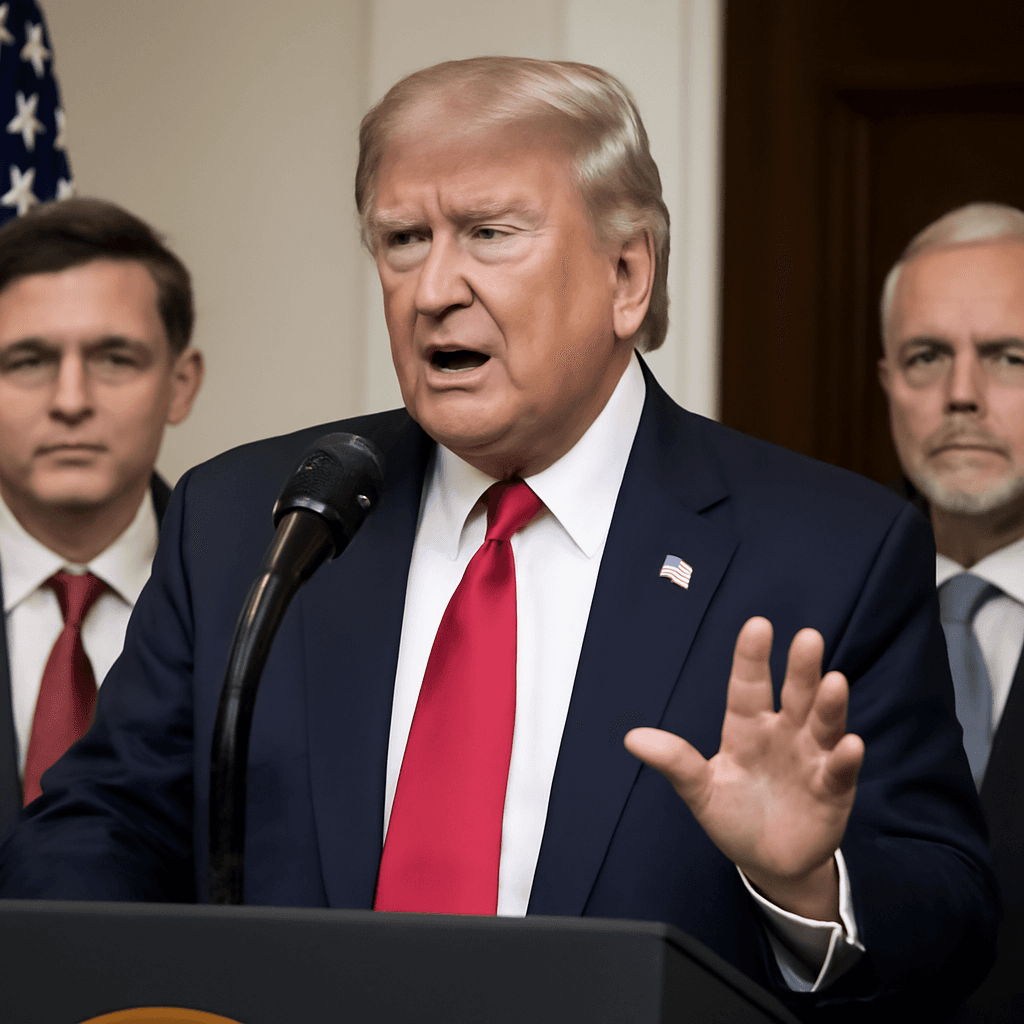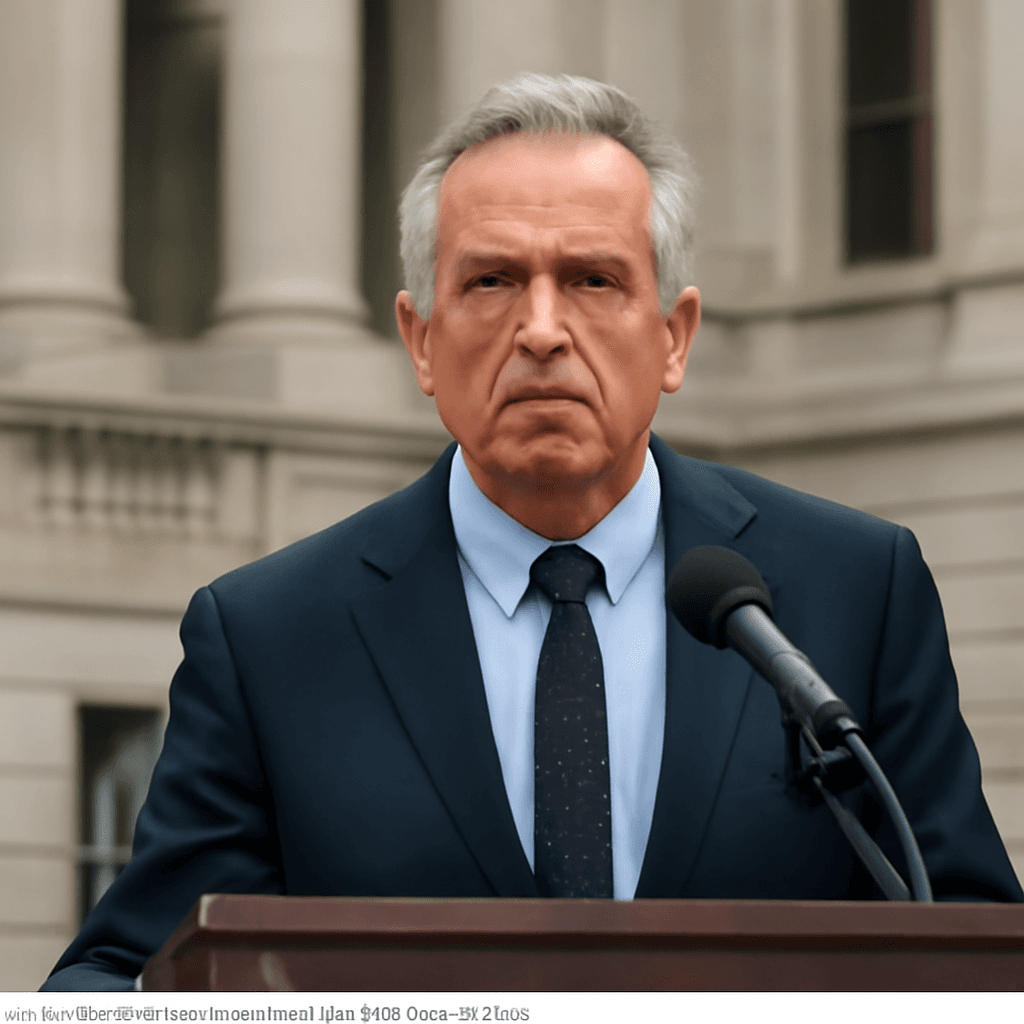World Bank Downgrades Global Growth Outlook for 2025
The World Bank has significantly lowered its global economic growth projection for 2025, anticipating a notably sluggish year ahead. The international financial institution now expects the global economy to expand by only 2.3% in 2025, down from its previous forecast of 2.7%. This adjustment signals the slowest pace of growth since the 2008 financial crisis, excluding global recessions.
Trade Tensions at the Core of Uncertainty
According to the World Bank, persistent trade uncertainty remains a primary drag on economic prospects worldwide. The senior vice president and chief economist highlighted how rising international trade disputes have disrupted decades of economic progress. “International discord—especially regarding trade—has unsettled many policy frameworks that once helped reduce extreme poverty and boost prosperity since the end of World War II,” the official noted.
Region-Specific Growth Forecast Revisions
Alongside the global downgrade, the World Bank cut growth estimates for major economies. The United States' forecast was trimmed by 0.9 percentage points to 1.4%, while the euro area’s expected expansion eased by 0.3 percentage points to 0.7%.
The report warns that should trade tensions further escalate, growth could deteriorate even more. Conversely, resolution of current disputes could provide a modest boost to the global economy.
Potential Gains from Trade Agreement Resolutions
Analysis suggests that if existing trade conflicts are resolved through agreements that slash tariffs by half compared to late May 2025 levels, global growth could improve by approximately 0.2 percentage points on average during 2025 and 2026. This scenario underscores the high stakes involved in ongoing negotiations among major economies.
Current Trade Negotiations in Focus
Following tariff impositions earlier this year, key players such as the United States, China, and the European Union remain engaged in talks aimed at softening trade restrictions. Recent meetings between the U.S. and China in London reflect efforts to ease frictions after earlier disagreements. Meanwhile, U.S.-EU negotiations continue amid looming deadlines for previously announced tariffs to take full effect.
Broader Consensus Among Economic Bodies
The World Bank’s downgrades align with similar assessments from other international institutions. For example, the Organisation for Economic Co-operation and Development (OECD) also reduced its global growth forecasts, citing tariff uncertainty and trade tensions as key factors weighing on economic momentum.
The OECD now anticipates global growth slowing to 2.9% in 2025, down from a prior estimate of 3.1%. Like the World Bank, it cautions that future developments in trade policies could significantly alter these projections.
Looking Ahead
As 2025 approaches, the global economy faces a precarious moment shaped largely by geopolitical dynamics and trade policies. Stakeholders worldwide will be watching closely to see whether ongoing negotiations can lower barriers and restore confidence—or whether tensions will deepen, hampering growth prospects further.

